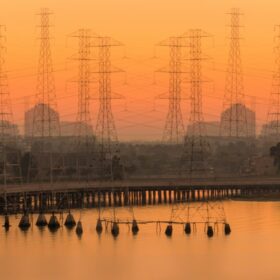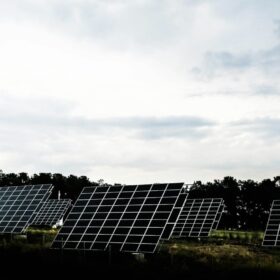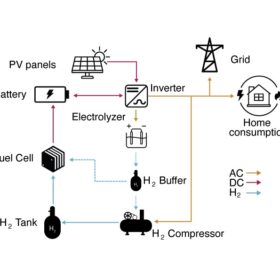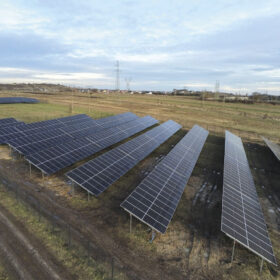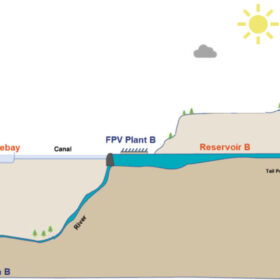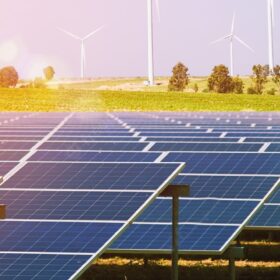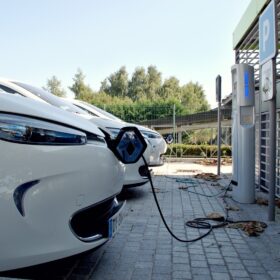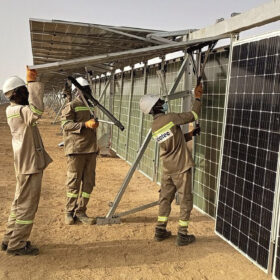Reactive power management key to advancing grid stability
In its latest monthly column for pv magazine, IEA-PVPS provides a comprehensive overview of the state-of-the-art practices, best practices, and recommendations for managing reactive power amidst the growing integration of distributed energy resources (DERs). The article describes the regulatory frameworks and practical applications, underscoring the essential role of reactive power management in maintaining a stable and efficient power grid.
SolarPower Europe calls for stronger cybersecurity measures
SolarPower Europe argues in a new position paper that regulators and policymakers should create a sector-specific strategy to address the growing threat of cyberattacks.
New model shows how to power homes exclusively with hydrogen, solar, batteries
Researchers in Spain has found that combining PV power generation with fuel cells and battery storage may help homes considerably reduce their levelized cost of energy. Their simulation reportedly demonstrated homes may also become completely self-sufficient.
Polish grid operator switches off gigawatts of PV
Polish grid operator Polskie Sieci Elektroenergetyczne (PSE) has announced its third disconnection of renewable energy capacity this year. This time it has initiated the reduction of 1,201 MW to 1,877 MW of PV in response to oversupply.
Batteries in hybrid hydro-PV systems could increase profitability by 2%
Researchers from Norway have discovered that adding batteries to projects that combine hydropower and floating PV could increase annual profits by as much as 2%, due to revenues from ancillary services and capacity markets.
ADB to lend $200 million for climate-resilient power system in Uttarakhand
The project will modernise Dehradun city’s power network infrastructure by introducing an advanced and climate-resilient underground cable system comprising 537 km subterranean cables, 354 ring main units, and 99 compact substations.
ADB approves $250 million loan for India’s power sector reforms
The Asian Development Bank (ADB) has approved a $250 million policy-based loan to strengthen the market for power trade and related ancillary services in India, facilitating the integration of intermittent renewable energy. The loan will also enable measures to improve the financial performance, corporate governance, and service quality of electricity distribution companies (DISCOM) and create a conducive environment for private sector investment.
ReNew commissions its first interstate transmission project
The project will help in the evacuation of 1.5 GW of renewable energy from the Koppal area of Karnataka.
California to use flexible appliances for renewable energy integration
California plans to shift 3 GW of load from dirtier, more expensive times of day to cleaner, less expensive times by setting flexible demand standards for many types of electric appliances. Global interest in California’s work is high, according to a state agency commissioner.
Install grid-connected solar, rinse, repeat
Will a redeployable solar and energy storage solution be the answer to unreliable grid electricity across much of Africa, as its developer proposes? Or will it merely be a temporary solution that will see cash-strapped utilities kick the can of universal energy access further down the road?
